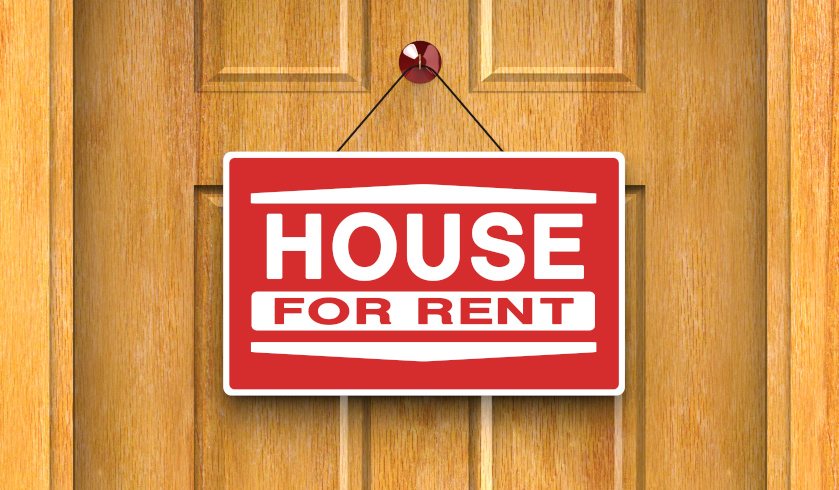Victoria’s ‘Rent Fair’ reforms pass Victorian Parliament

First announced in October 2017, the “Rent Fair” reforms aimed to make renting fairer for tenants according to the Victorian government; it is now enshrined in the Residential Tenancies Amendment Act 2018 and passed both houses of parliament without any changes.
The changes to rental legislation targeted six main areas:
Rent security
- Removed the 120 day “no specified reason” notice to vacate;
- Only allow for landlords to end tenancies via an “end of fix term” notice to vacate and the end of the fixed term;
- Past this, tenancies can only be ended by landlords on grounds specified in the RTA, emphasising longer term leasing;
- Tenants with “end of fix term” notices can give 14 days’ notice to leave and cease paying, rather than to the end of the tenancies; and
- More protections for landlords and tenants for terms longer than five years.
Tenant rights
- Introduced a commissioner for residential tenancies and a landlord blacklist to give tenants further protections.
Bonds
- Bonds will be repaid if both tenant and landlord agree within 14 days;
- The bond can be released up to 14 days early before the tenancy is over, up from seven days;
- Bonds for rents less than double the median weekly rent (totalling $760) can only be four weeks rent; and
- Reimbursements for urgent repairs need to be made within seven days, down from 14 days.
Rent pricing
- Rent increases are allowed once every 12 months, as opposed to every six months; and
- Rental bidding is not allowed.
Pets
- Landlords cannot unreasonably refuse pets; they also cannot refuse consent for assistance dogs.
Modifications
- Landlords cannot unreasonably refuse minor modifications.
Landlord blacklists and pets in legislation are unique for tenancy-based legislation. To see how these changes compare with the rest of the country, Smart Property Investment has previously published a comparison of the rental reforms to other states and territories.
When the reforms were announced, the ex-CEO of the Real Estate Institute of Victoria (REIV) Enzo Raimondo said these reforms struck a good balance between landlords and tenants.
“This is 2017 now, it’s not the 1950s, and a lot of this stuff, legislation takes a while to keep up with current trends and community expectations, and this is a positive move which addresses some of the imbalances [which have] been there for a long time,” Mr Raimondo said at the time.
Meanwhile, the current REIV CEO Richard Simpson called the rental reform ‘draconian’ and predicted a mass exodus of investors from the Victorian property market.
“The vacancy rate for Victoria’s rental market is already sitting at its lowest point in a decade at 1.8 per cent, which means there are just 1.8 houses available for rent out of every 100 and now the Victorian government’s actions will further deplete that pool with landlords simply pulling out because it is becoming all too hard and too much of a risk,” Mr Simpson said.

